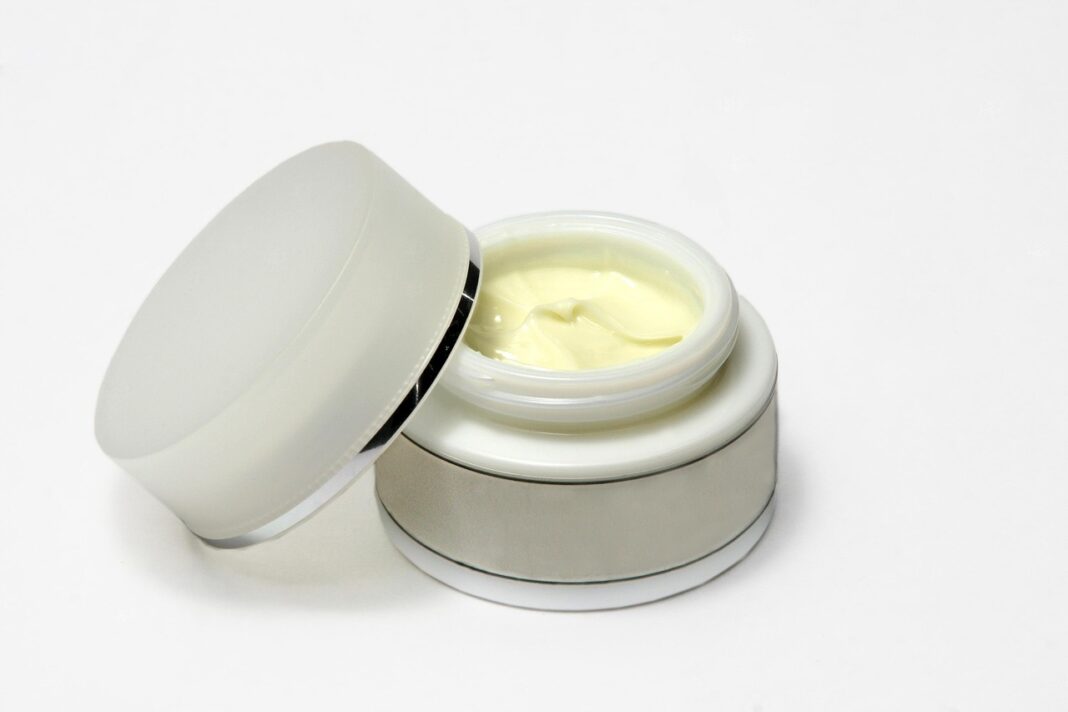Keeping your skin clean is one of the simplest, as well as important things you can do.
There are many ways you can keep your skin glowing, and by taking a few of these steps, you will have radiant skin in no time. Take a look at these tips.
Cleanse Gently
You can use a gentle cleanser that matches or closely matches your skin type.
Whether that is dry, oily, or sensitive skin. You should try to avoid harsh soaps or scrubs if you can, because that will definitely strip away natural oils.
Washing your face at least twice a day, once in the morning and again before bedtime, helps to remove dirt and excess oil. It also removes pollutants that can build up over time.
Stay Consistently Moisturized
Hydration is not only about drinking water. Your skin also needs moisture from the outside.
After washing your face or showering, you should make sure you apply a moisturizer to lock in hydration. Look out for products with ingredients such as hyaluronic acid, glycerin, or even ceramides.
If you have dry skin, you should consider using a thicker cream. For oily or acne-prone skin, consider using a lightweight, non-comedogenic formula as this is best.
Protect Your Skin From the Sun
One of the most powerful steps you can take to protect your skin is to ensure you use sunscreen every day. UV damage will not only cause premature aging, but it will also increase your risk of skin cancer.
Be sure to choose a broad-spectrum SPF of at least 30. You should then apply it generously, even on those cloudy days.
Make sure that you reapply it every two hours if you are spending any time outdoors, especially in the direct sun.
Know Your Skin Type and Choose Products Wisely
Understanding your skin type will help you select the right products for your needs. Using the wrong kind can do a lot more harm than good. If your skin is oily, you should try to avoid heavy creams or oils.
If your skin is dry, then skip foaming cleansers that may end up stripping your skin. Sensitive skin types should also avoid using any artificial fragrances as well as alcohol-based formulas.
Knowing what your skin needs will allow you to build a routine that works for you.
Don’t Skip Exfoliation, But Keep It Gentle
Exfoliation will help to remove dead skin cells. This will ensure that your skin looks brighter and feels smoother.
However, overdoing it can lead to a lot of redness, dryness, as well as breakouts. You should use a gentle exfoliant at least one or two times a week. Look for ingredients such as lactic acid or salicylic acid.
These can help to resurface your skin without being too harsh. Make sure you avoid rough scrubs that have large particles, which can cause you to get tiny tears in the skin.
Consider Treatment Options for Skin Conditions
If you deal a lot with chronic skin issues such as eczema, psoriasis, or even vitiligo, then regular skincare may not be enough for you. Some people benefit from having at home narrowband UVB phototherapy.
This is a treatment that uses specific light frequencies to help reduce inflammation. It will also encourage healthy skin cell growth.
It is important that you consult with a dermatologist in order to find safe and effective solutions that are tailored to your needs.
Don’t Touch or Pick at Your Skin
It can be quite tempting to pick at your blemishes, but by doing so, you often cause more problems for yourself. Picking can cause scarring and spread bacteria.
It can also increase inflammation. Instead of squeezing your pimple, you should use a spot treatment that has ingredients such as benzoyl peroxide or salicylic acid. If breakouts are happening frequently or are severe, then a skincare professional can help you create a routine to prevent future flare-ups from happening.
Feed Your Skin From the Inside
Healthy skin often starts with what you decide to eat. A balanced diet that is rich in antioxidants, healthy fats, as well as vitamins can support your skin health from the inside out.
You should focus on fruits, vegetables, as well as whole grains. Consider omega-3 fatty acids that are found in fish and flaxseeds as well, and make them a part of your diet.
You should also try to limit processed foods and refined sugar, too, because these can contribute to breakouts or even dullness.
Get Enough Sleep and Manage Stress
Sleep gives your skin enough time to repair and renew. Lack of sleep will often lead to dull skin, dark circles, as well as breakouts.
You should try to get at least 7 to 9 hours of quality sleep every single night. Stress can also help to trigger skin conditions such as acne and eczema.
Finding time to relax and unwind will help with your overall health and your skin as well.
Don’t Ignore Seasonal Skincare Changes
As the seasons begin to change, your skin’s needs will also begin to shift. In the winter, dry indoor heat will often pull moisture away from your skin, making it a lot more sensitive and flaky.
Use heavier moisturizers and consider a humidifier at night. In the summer, increased sweat as well as sun exposure can lead to you getting clogged pores as well as sunburn.
Switch to lighter, oil-free products so that you can increase your sun protection. You should be paying attention to how your skin reacts throughout the entire year as well.
This helps you stay one step ahead of any irritation, dryness, as well as unexpected breakouts. It will also keep your skin looking its best, no matter what the weather is outside. Little seasonal changes in your routine can often have a very big effect on the long-term health of your skin.
Healthy skin will not just happen overnight. Once you discover a routine that works for you, give it some time. Avoid jumping between different products or expecting to have instant results. Consistency is always key.





